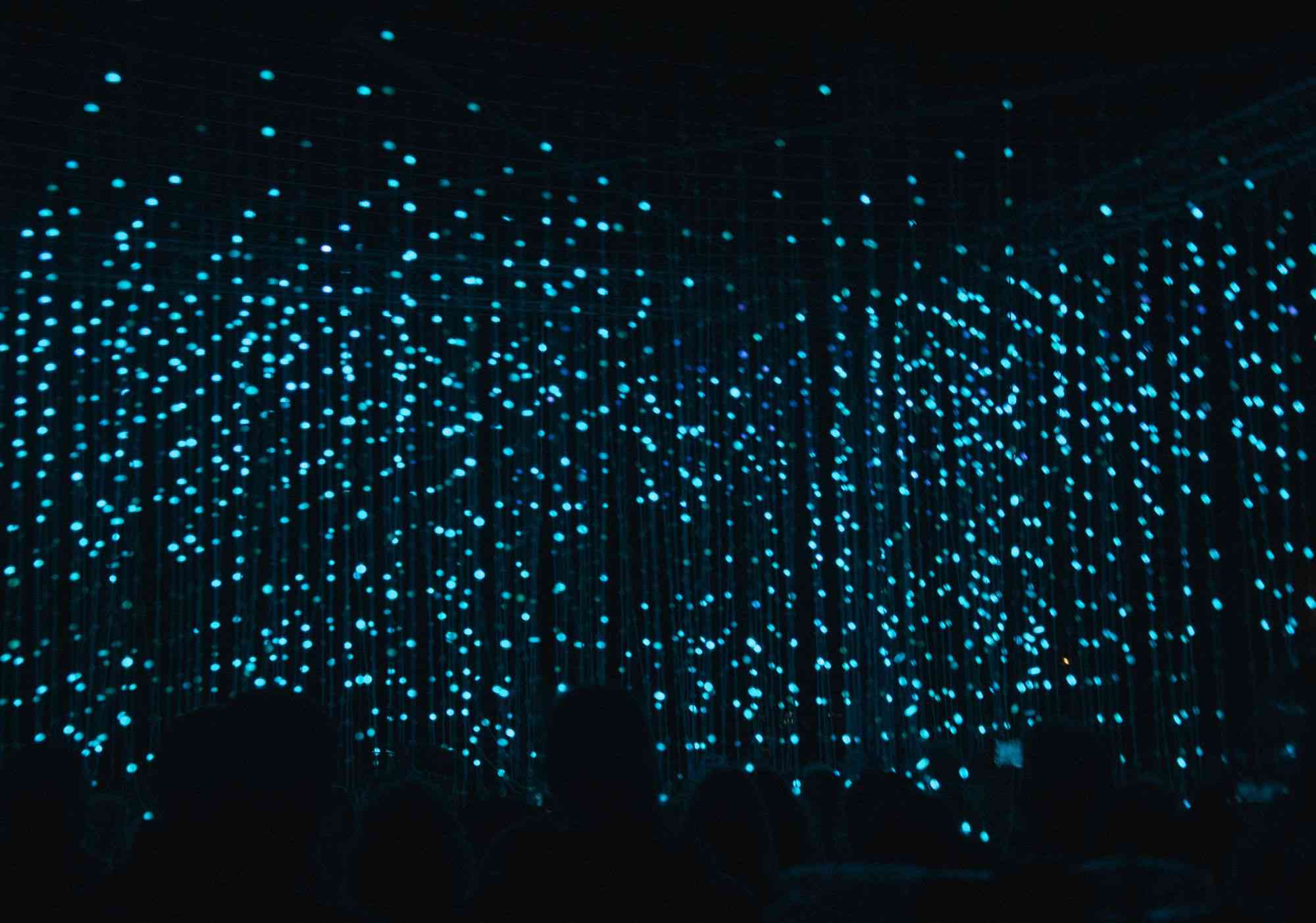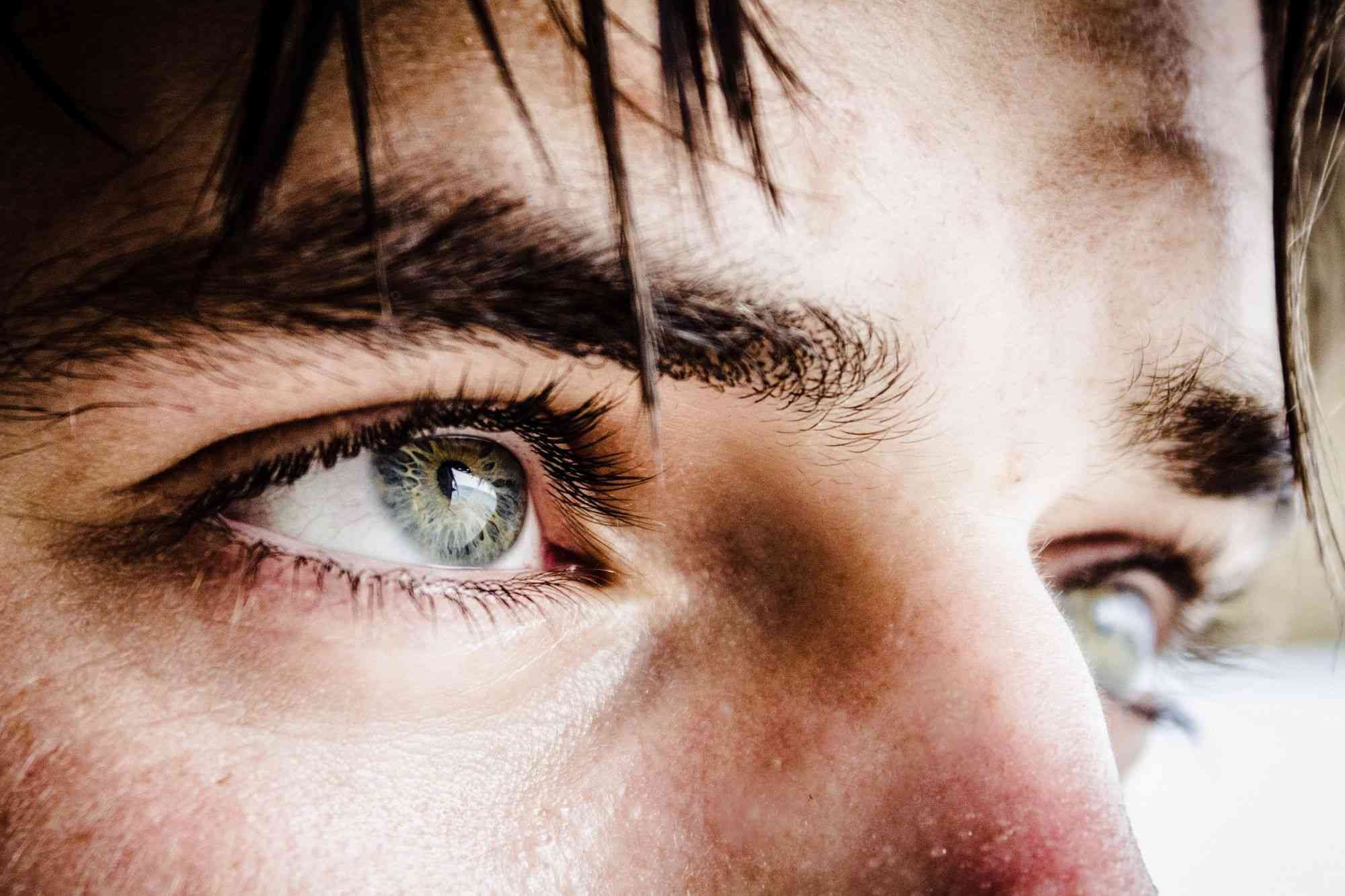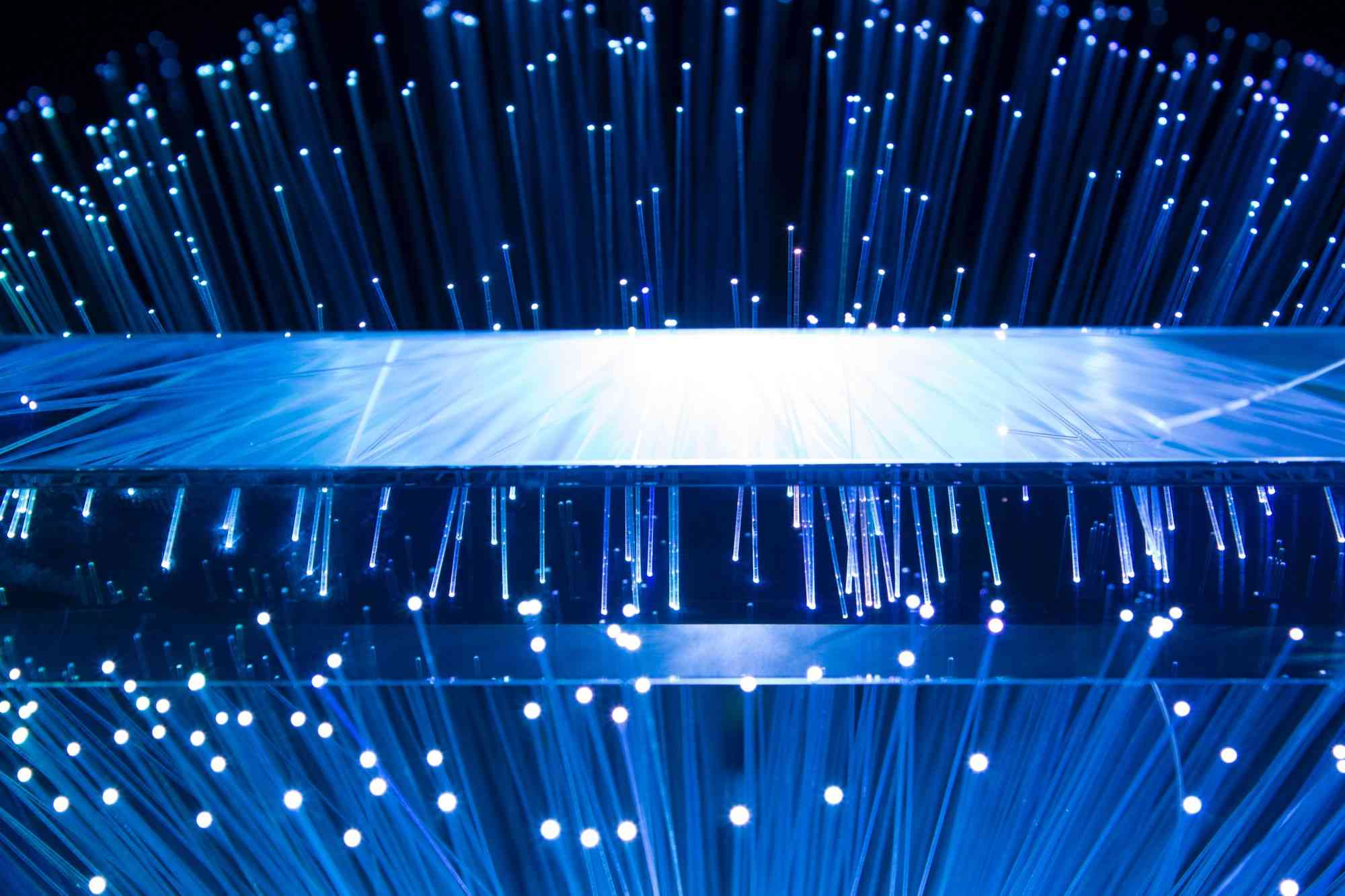Over the years, the evolution in digital screen technology has advanced extremely. We come alive with these digital screens and lie down bringing into play them. In modern times, the digital screens are dealing with LED back-light technology to help enhance screen brightness and clarity which emit very strong blue light waves. Actually, there are many other sources of blue light including Sunlight and LED, such as fluorescent light, CFL, computer monitor, flat screen LED tv, smart phone, tablet screens etc. Just like the light which is made up of electromagnetic particles that travel in waves, blue light is just a color in the “visible light spectrum'' that can be seen by the human eye. And visible light is only the spectrum which is sensitive to the human eye.

Blue light doesn’t just only come out from digital screens, rather it’s actually everywhere. When the light from the sun travels through the atmosphere, it produces various wavelengths in the terms of different colors and spectrum. Among all the wavelengths, the high energy blue wavelengths collide with the air molecules that cause blue light and to scatter everywhere. So, why does blue light have a higher amount of energy? Well, according to the relation between wavelength and energy, we do know that the shorter the wavelength is, the higher the energy. However, blue light has short wavelengths.

Study says that, over time, exposure to the blue light could cause serious long-term damage to eyes, especially retinal cells. [1] Let me tell you one thing that blue light doesn’t just clump it's inauspicious side, rather blue light is also needed for good health. For instance, blue light -
- Boosts alertness
- Regulates circadian rhythm
- Helps memory
- Elevates mood
- Improves cognitive function of brain
So, why should we be concerned about its exposure? The reason is pretty vivid. Too much exposure to the blue light leads to serious health problems. That's why we’ll get to know the motives we should be concerned about. Let’s learn these reasons together that may occur through excessively consuming of blue lights.

Have you ever felt your eyes commenced irritating or you felt difficulty in focusing after sitting in front of a computer’s screen prolonged? Well, it's a very common thing that happens everyday for most of the people. In reality, blue light from any digital device can decrease the contrast leading to digital eyestrain. It damages the retina. Retina is a very significant part of an eye that contains cells sensitive to lights and triggers the brain nerve impulses to the brain where the visual image is formed. Afterwards, you may also feel fatigue, bad lighting, eyes irritating, dry eyes et cetera. In 2016, the U.S. The National Toxicology Program convened a 2-day workshop to explore mounting research linking exposure to artificial light at night not just generates difficulty for sleep only, but weight gain, depression, cancer and heart diseases. [2]

As you know blue light regulates the circadian rhythm which means it helps the body to natural wake and sleep cycle. Exposure to the blue light during daytime hours is splendid. Because it helps maintaining a healthful circadian rhythm. It is linked to the secretion of melatonin. But, the problem begins during night or the day when you are so much exposured by the blue lights through the smartphone, tablets or any digital device. It later makes you feel more exhausted without having night sleep early due to less secretion of melatonin. This is how blue light can disturb the wake and sleep cycle.
Blue light may have a good link to diabetes, heart disease and obesity. Although there is no concrete proof regarding this,a Havard study shed a little bit of light on the possible connection to these problems. They put 10 people on a schedule to have an experiment regarding it. They observed that their blood sugar levels increased. [3] Well, these are not just the case. A research published in the National Library of Medicine says that blue light induces mitochondrial DNA damage and free radical production on epithelial cells. You may already know the bad effects of free radicals in your body if you are our regular readers. [4]

Anyway, there are many reasons why you should be concerned about what you are doing with your advanced technology. I just simply explained some of those reasons.To be honest, it’s very difficult to remain protected from these artificial blue lights and too much exposure to them. But, later on we hope we can let you know the most effective possible ways to stay out of their bad effects. Till then, Be careful. Thanks
References :
[1] Prevent Blindness, Blue Light and Your Eyes, Retrieved From : http://preventblindness.org/blue-light-and-your-eyes/#:~:text=Retina%20damage%3A%20Studies%20suggest%20that,like%20age-related%20macular%20degeneration
[2] WebMD, Retrieved From: https://www.webmd.com/sleep-disorders/news/20170619/is-blue-light-bad-for-your-health on June 19, 2017.
[3] Harvard Health Publishing, Blue light has a dark side, Retrieved From: https://www.health.harvard.edu/staying-healthy/blue-light-has-a-dark-side on July 7, 2020
[4] National Library Of Medicine, Blue light induces Mitochondria DNA damage, Retrieved From: https://pubmed.ncbi.nlm.nih.gov/15797866/#:~:text=However%2C%20the%20role%20of%20visible,spectrum%2C%20has%20been%20largely%20ignored.&text=Exposure%20of%20lipofuscin%2Dcontaining%20cells,compared%20with%20non%2Dpigmented%20cells


